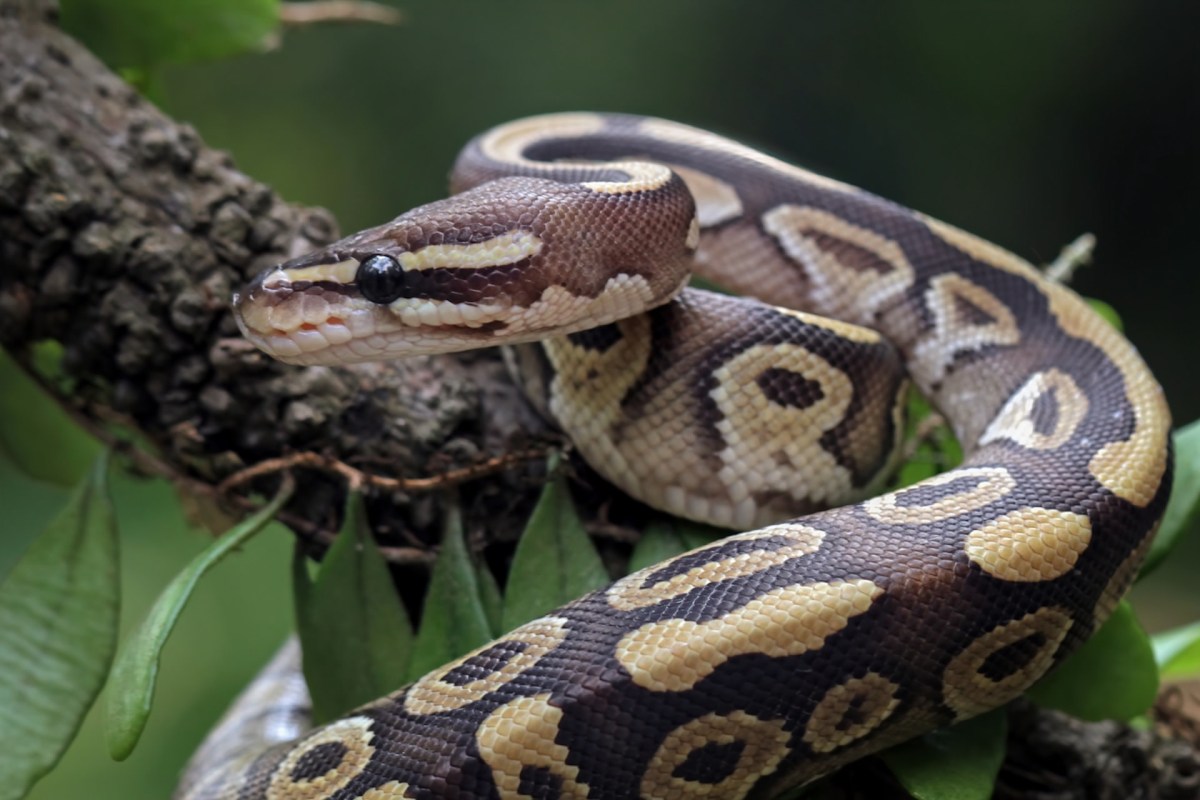Adventurous eaters may soon be licking their chops as researchers make a compelling case for adding pythons to humanity's diet.
If that sounds like the last thing you'd want on your plate, the Guardian wrote that python "meat tastes just like chicken," according to Dr. Daniel Natusch, a reptile expert and the chair of the International Union for the Conservation of Nature's Snake Specialist Group.
Plus, a study in two Southeast Asian commercial python farms led by Natusch found that pythons turn feed into protein more efficiently than traditional livestock, such as chickens and cattle.
According to a summary of the research from Macquarie University, snake meat is already a popular protein source across Southeast Asia and China.
Researchers believe scaling up python farming could offer a sustainable, climate-resilient solution for places like southern Africa, where the changing climate is exacerbating food insecurity, the Guardian reported.
"These pythons can live for almost a month with no water. They can live off the water that sets on their scales in the morning. They can go for almost a year without eating," Natusch told the news outlet.
"We're not necessarily saying everyone should stop eating beef and turn to pythons, but there needs to be a conversation about them having a more prominent place in the agricultural mix," he added.
Macquarie University also highlighted the economic benefits of farming pythons, saying that pythons can help convert agricultural waste like meat and fish offcuts into protein while producing much less solid waste than mammals like pigs.
"Birds and mammals waste about 90 percent of the energy from the food they eat, simply maintaining a constant body temperature," Professor Rick Shine, co-author of the paper from Macquarie University's School of Natural Sciences, told the university.
In comparison, reptiles like pythons warm themselves in the sun, making them far more efficient at turning food into protein, he added.
Burmese pythons are an invasive species in the U.S. and threaten Australian landscapes since they're prevalent in the illegal exotic pet trade there, and some escape or are intentionally released into the wild.
Burmese pythons have become such a problem in the Florida Everglades that one woman decided to start hunting them to protect the area's biodiversity.
Farming and eating them — along with other python species such as the reticulated python and the Southern African rock python — could kill two birds with one stone, helping preserve ecosystems and bolster food security.
While the researchers believe commercial python farms would be more accepted in parts of Africa and Asia, they don't see them taking off in Australia or Europe anytime soon.
However, Lin Schwarzkopf, head of zoology and ecology at James Cook University, was skeptical of the idea and suggested a different approach to sustainability.
She told the Guardian, "We should be … feeding the world with plant material if we want to support large numbers of people."
Join our free newsletter for easy tips to save more, waste less, and help yourself while helping the planet.








